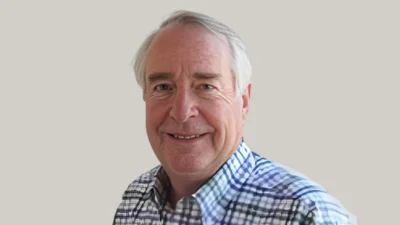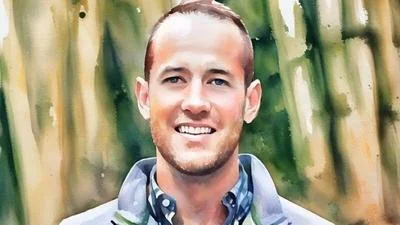A growing number of New Mexicans are demanding long-term fixes to the state’s homelessness, addiction, and mental health crises. A good example for developing solutions is provided by Connie Elizabeth V. Hill, who helped pass SB 1, a landmark behavioral health bill to create long-term treatment solutions in New Mexico.
Hill’s connection to New Mexico spans generations. Her mother’s family arrived from Spain and settled as ranchers in Union County. Her father's family immigrated from Naples, Italy, and started a vineyard, café, and hotel in Albuquerque. “My great-grandfather’s name is still on a street sign—Grandy Avenue,” she says. Raised in Albuquerque and educated at New Mexico Tech and University of New Mexico, Hill spent her life exploring the state. “I love every part of New Mexico and have tried to explore it all,” she says.
Living in downtown Albuquerque, Hill sees the crisis of homelessness and untreated mental illness daily. “I feel both hurt and angry,” she says, recalling a near-fatal stabbing outside her kitchen window. “But with that anger and that hurt, I’ve been able to channel those emotions into being helpful instead of being harmful.” Her response was to found the Greater Albuquerque Business Alliance, which is dedicated to finding solutions to the problem. “We literally hired a PR agent who told us, ‘be part of the solution instead of just part of the ceiling of the city,’” Hill says.
That led her to advocacy. She sees it as a role for anyone with “the three Ps: passion, persistence, and precociousness.” Hill says advocacy isn't about credentials. “I realized I could be a lobbyist without technical training. I could just get an idea, write it up, and present it to a legislator.”
Her first bill, SB 191 in 2021, proposed a plan to tackle homelessness and mental illness. Though it didn’t pass, she didn’t give up. She discovered a model in Miami-Dade County in Florida—a secure treatment facility for people cycling in and out of jail from mental health and addiction issues. “Miami took up a seven-story, 200-bed facility and remodeled it,” she says. “It’s not a jail—it’s secure, it’s got a garden, it’s medical, and it’s dignified.”
According to Hill, the model is working. “They’ve saved a lot of money. In fact, they’ve been able to empty jails.” That’s crucial, she says, when local jails are full and cities spend millions of dollars—Albuquerque spent $120 million on an old hospital converted to a care center. “We’ve never had a strategic plan. So the money’s been going out with little impact.”
She convinced legislators to see the Miami model firsthand. “We had people from Roswell, Clovis, Hobbs, even an architect and a builder,” Hill says. “About 15 went with me in 2023. And then more the next year.” That effort culminated in SB 1, a bipartisan bill led by Sen. George Muñoz that sets up a behavioral health trust fund. Hill had originally proposed $1 billion. The state has so far allocated $150 million, with the goal of reaching the full amount by 2027.
The bill passed unanimously. “This by far was the biggest bipartisan effort that I can think of in recent history,” she says. She names a long list of collaborators from both parties—Democrats like Jennifer Jones and Sen. Linda Lopez, and Republicans like George Jones and Sen. Gregg Schmedes. “In New Mexico, it’s not so much what you know, but who you know. And I’m good at bringing people together.”
The trust fund will be used to build regional treatment centers and support workforce training for behavioral health professionals. Hill sees the University of New Mexico, New Mexico State, and New Mexico Tech playing a role. “Our graduate students need a full ride, including housing and licensing,” she says. “We want them to stay in New Mexico.”
Opposition, she says, has been minimal. “People can’t disagree on this. Everybody sees it. It’s right in front of their eyes.” And she stresses this model isn’t limited to the justice-involved population. “It could serve the entire community, as a base for outpatient or longer-term treatment.”
Hill encourages citizen lobbying. “I strongly encourage people to study their elected officials before they vote. Interview your candidates. Ask if they’ve been to Miami. If they haven’t, ask why not.”
According to Hill, more work needs to be done. “We’ve done amazing things in New Mexico—from Los Alamos to Sandia Labs. We can do this.”









